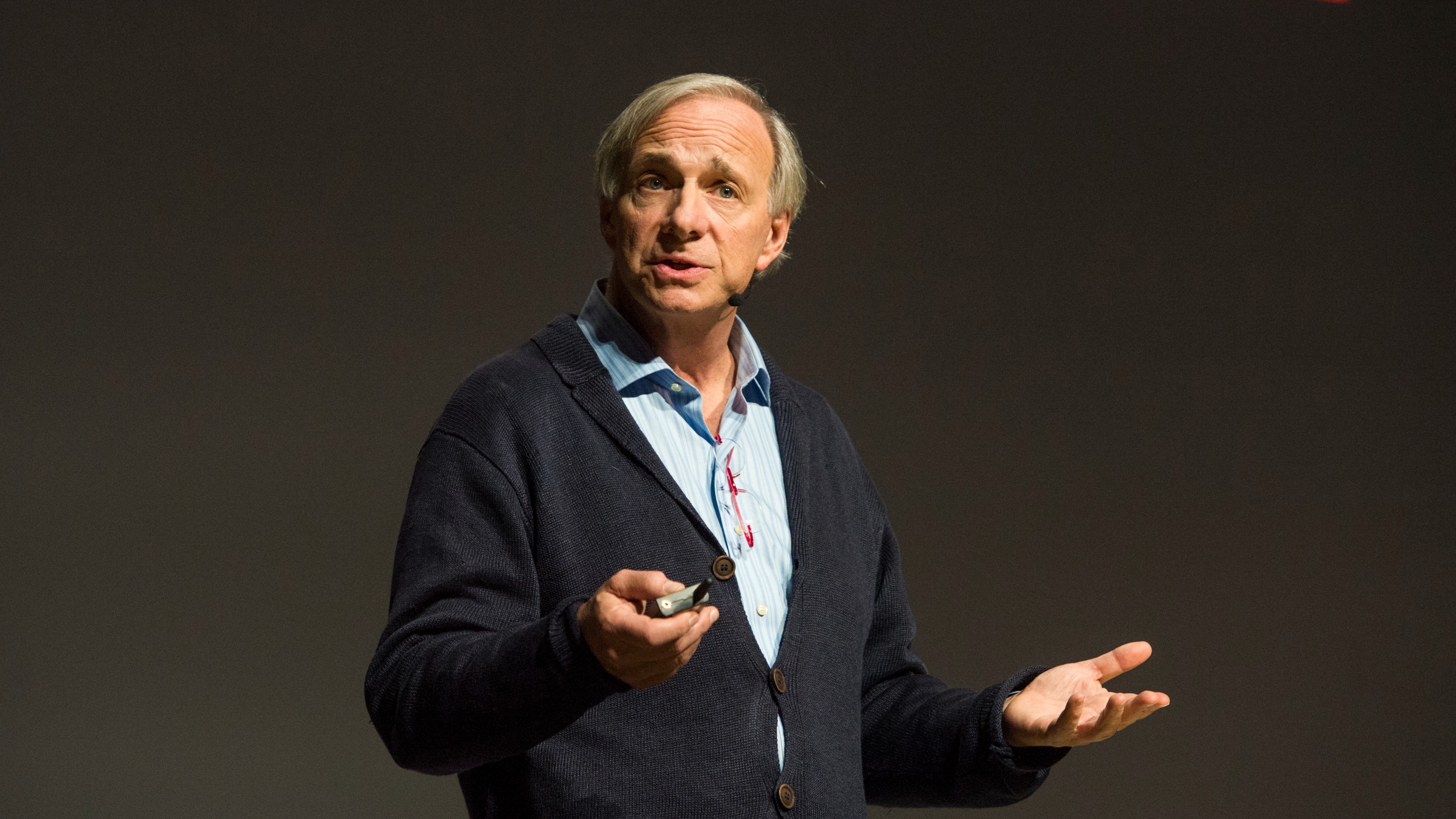Investors in bond markets have experienced five years of growth, with portfolios boosted more than 15% in the last three years alone. This rally has made it increasingly difficult for even professional investors to find value in fixed income, with some multi-asset managers writing off the asset class altogether.

The bond market is evolving to meet the need for income

Yields on 10-year Gilts fell from more than 6% in 1998 to just 2% in 2013. Corporate bond funds saw larger inflows than any other sector for eight consecutive months in 2012, and in July that year M&G warned urged investors not to deposit any more cash into its fixed interest funds. Even the Financial Services Authority became worried about a ‘bond bubble’ writing to corporate bond fund managers to enquire as to whether the recent flood of cash was causing a liquidity problem.
But popularity waned, some of the hysteria has subsided. Speaking in September, Axa Global Strategic Bond manager Nick Hayes defied the critics.
"All year there has been talk of a great rotation, a bond bubble and an end to the 30 year bond bull market, but in our opinion this is clearly not the case," he said. "We believe at the right price bonds are still very attractive, with yields of 4.5 to 6.5% available depending on the bond’s maturity."
While Gilts and many corporate bonds remain off the menu – who wants to settle for a yield that pays less than inflation – there are opportunities to be had.
The bond market is evolving to meet the need for income – which investors do not want to solely be met by equity holdings.
“Ongoing pressure on banks to contain lending is driving a flurry of debut issuers into high yield and emerging bond markets, while changing bank regulation is also changing the face of bank debt itself,” said Fidelity’s Andrew Wells. “These are trends that have many years to play out. Corporate hybrids are another source of opportunity, particularly for investors looking to enhance their diversification.”
Emerging Market Debt
This year it is key that investors differentiate between emerging markets with currency risk – the so-called ‘Fragile Five’ economies, that will lose out when tapering begins and those economies that do not have depreciating currencies.
“In both developed and emerging markets, equities and debt, we’re finding investors are going to have to be more selective this year,” said Kerry Craig, J.P. Morgan Asset Management Global Market Strategist. “That is most true of emerging makret when you look at situations like the Fragile Five debtor nations juxtaposed with those such as Taiwan, China, Thailand or Korea where economies geared to recovering economic growth suggest best return potential.”
Secured Bonds
![]() Bronze Rated Ignis Corporate Bond fund manager Chris Bowie has been extremely cautious of the potential fall-out from a bond bubble over the past 18 months. But Bowie says pockets of value remain across the fixed income sector. Secured bonds, or collateralised ABS is one such area. These are bonds backed by a physical asset that can be redeemed by the bond holder should the issuer default.
Bronze Rated Ignis Corporate Bond fund manager Chris Bowie has been extremely cautious of the potential fall-out from a bond bubble over the past 18 months. But Bowie says pockets of value remain across the fixed income sector. Secured bonds, or collateralised ABS is one such area. These are bonds backed by a physical asset that can be redeemed by the bond holder should the issuer default.
"Simple economic theory would suggest secured bonds should offer a lower yield than unsecured issuance, as investors are much higher up the creditor queue and have a specific claim to a physical asset. However, sometimes you can find higher yields in this space as many secured bonds can be a little less liquid," Bowie explained.
The Ignis fund holds a Tesco property secured bond, yielding 5%, a 4.1% secured bond from Broadgate Development and an Annington Ministry of Defence housing portfolio bond which yields Gilt rate plus one percentage point.
High Yield
Fidelity’s Peter Khan said that although global high yield bond valuations are now close to fair value, there are various catalysts in 2014 that could cause spreads to compress further.
"The macro environment looks a little brighter than last year with the US recovery gaining traction and Europe making progress," he said. "A moderate tightening of monetary policy is likely to take place in the US, but high yield should be more resilient than other fixed income assets."
Mike Gitlin, Head of Fixed Income for T.Rowe Price agrees. "Two misconceptions about the bond market at the moment are that rates will rise significantly in 2014 and there is no value to be found in the market," he said. "But the economy is not strong enough for rates to rise much higher, and there are some opportunities out there, particularly in high yield."






























